Most of our Herring shoes are made using the Goodyear Welting process which is explained below along with the other types of construction that you may see mentioned on our site.
All of our Herring shoes are handmade, with some of the top of the range brogues taking around 6 weeks to make and 200 operations.We think of each pair of shoes we make as an original artwork, rather than a mass produced art print. Both may look good from a distance but up close the difference is enormous.
There are many different types of construction so we have put this brief guide together to help you understand the different methods used and what effect this has on the shoe.
Goodyear Welted sole
A goodyear welted shoe is the best method of shoe making available. Since the 1870’s the english shoe manufacturers of Northampton have been using and perfecting their skills.
Goodyear Welting has many benefits including great repairability, durability and comfort. Of these benefits, repairability is the most important and is due to the unique welted construction.
The welt is a narrow strip of leather that is sewn separately to the upper and the sole. This means that simply slicing through the welt with a sharp knife will cleanly detach the sole from the upper, making repair much easier.
When a welted shoe is repaired on the original last at the factory it is almost as if the shoes are brand new again, for much less than cost of new shoes. It is for this reason that many men will have a favourite pair of welted shoes that they have owned for decades, or have inherited from a family member.
Blake Stitched soleBlake stitching is an alternative method of attaching a sole that is popular in Europe. Essentially the sole is stitched directly to the upper. The advantages of this method are that it allows the shoe to be more flexible than a welted shoe and it is cheaper to produce. The disadvantage is that it makes it harder for the shoe to be repaired as the upper is more likely to be damaged when the sole is removed.
Cemented soleThe simplest way to put a sole onto a shoe is to glue it, and that is cemented sole construction. Due to the lack of a welt or the need to stitch the sole, cemented shoes tend to have more delicate looking soles.
Our Monarch house shoes, that are handmade in Norfolk, are an example of a very thin sole being glued to a shoe to give durability without weight or bulk. This construction is usually cheaper than Welting or Blake-stitching but is not very repairable.
MoccasinMoccasin construction is where the shoe is made from a single piece of leather that stretches all around the foot and is fastened at the top, often by a 360 degree lace. This seamless method allows for little or no extra sole to be required, making them extremely supple and lightweight. The lack of a fastening also adds to the ease of wear as they can slip on and off the foot easily.
LastThe last is the form upon which the shoe is made. You can have a long, short, fat or thin last depending on the look you want to have. The sizing, however, is independent of the last. A last is always designed to fit a specific foot length and width. Sometimes the lasts will differ from factory to factory or within styles but you should usually assume that your size will fit across different shapes. In the shoe descriptions you will see a description of the last that will indicate how true fitting it is.
We can only give very general advice to you over the phone about sizing, so please order the size you normally take.





























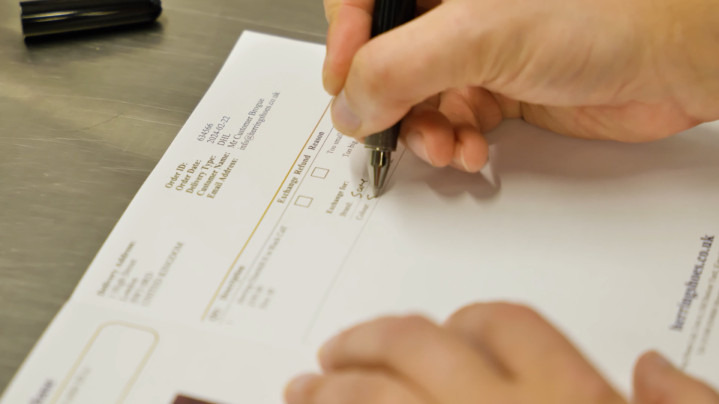




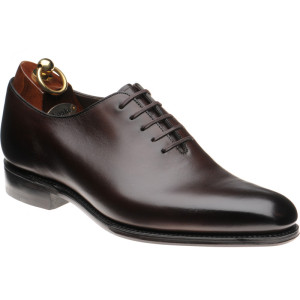
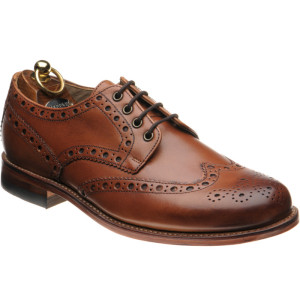
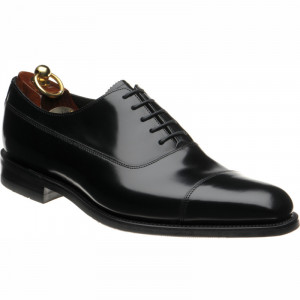
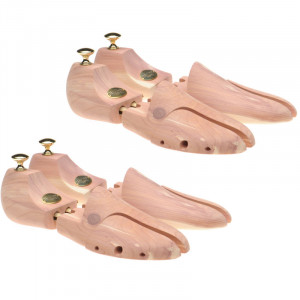

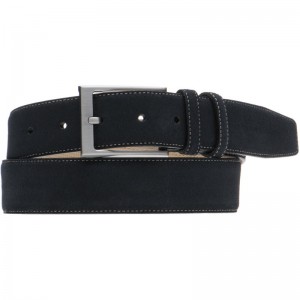
 UNITED STATES
UNITED STATES ![Close [x]](https://assets.herringshoes.co.uk/images/16/close.png)











